The temporary tomb of Joseph in Egypt was a constant reminder to the Hebrews that their permanent home would be in the land of Canaan. The hour of their emancipation from slavery was approaching but not all the power of Pharaoh could frustrate the purposes of heaven, for at the time appointed, the people were liberated on eagle’s wings by the mighty hand of a loving Father.
With the death of the first born at midnight the Israelites were thrust out of the land. This was a night mingled with horror and rejoicing, a night that could never be effaced from the collective memory of the Hebrew people who owed their birth as a nation to that memorable night. While a day of infamy for the Egyptians it would be a night to be much observed unto the Lord for all generations.
The parting of the Red Sea and the destruction of the Egyptian host was followed by a morn- ing of calm and a conscious sense of freedom. All that remained of the Egyptian military was the armor-plated bodies strewn over the desert floor. The Song of Moses then depicts Israel leaving the scene of their victory at the Red Sea and ultimately being planted in the “mountain of their inheritance.” Here Israel is described in the most subline poetry as a holy selfless nation planted as trees of righteousness in the Land of Promise.
At the foot of Mount Sinai occurred one of the greatest events in human history, the incorporation of Israel as a nation under the theocracy, a government ruled directly by God Himself. The process of organization at Sinai over an 11-month period included the proclamation of the 10 Commandments, the certification of the covenant, the construction of the tabernacle and the giving of ceremonial and civil laws. A unique relationship was created between the Lord and the descendants of Abraham, one into which no other nation would ever enter.

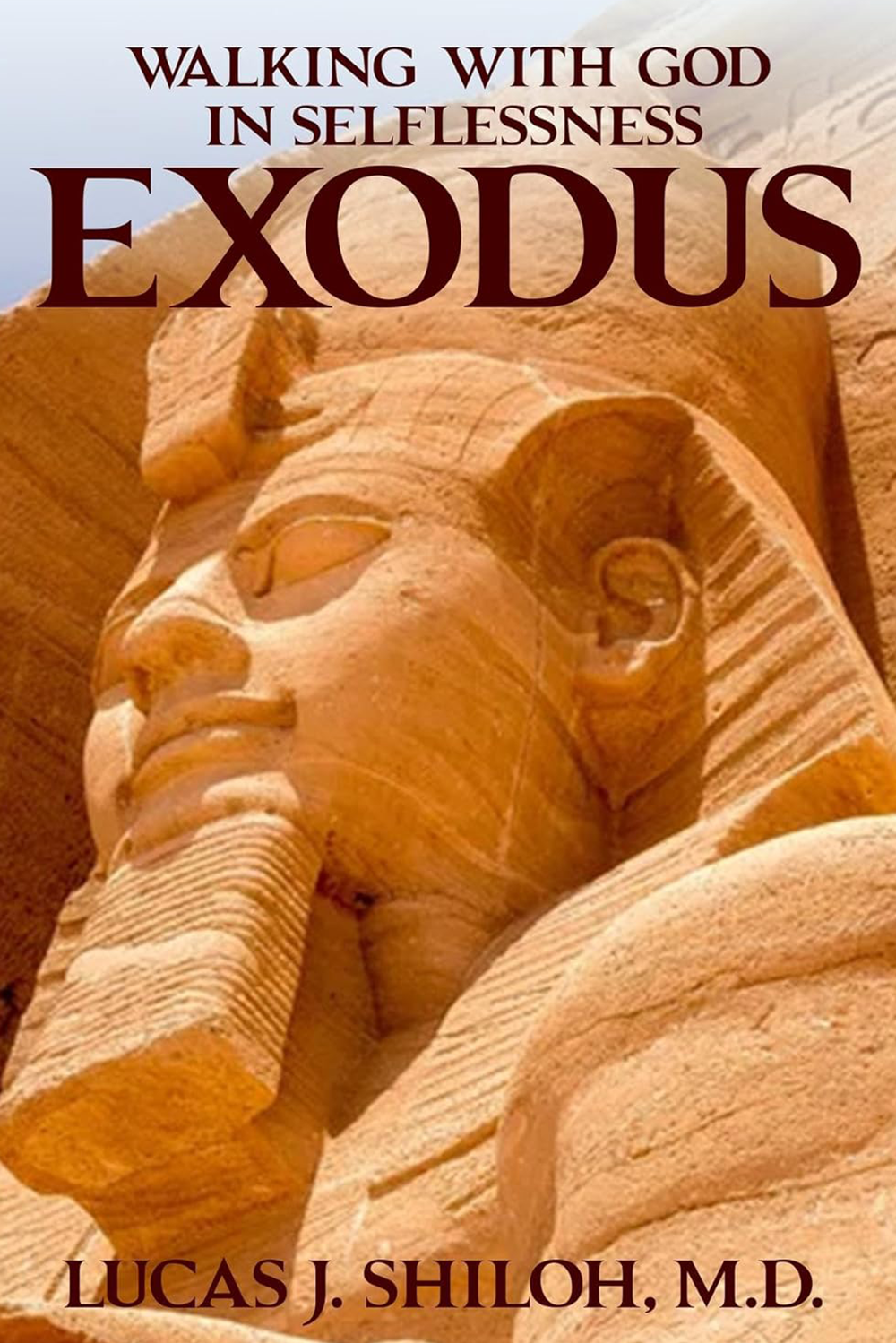
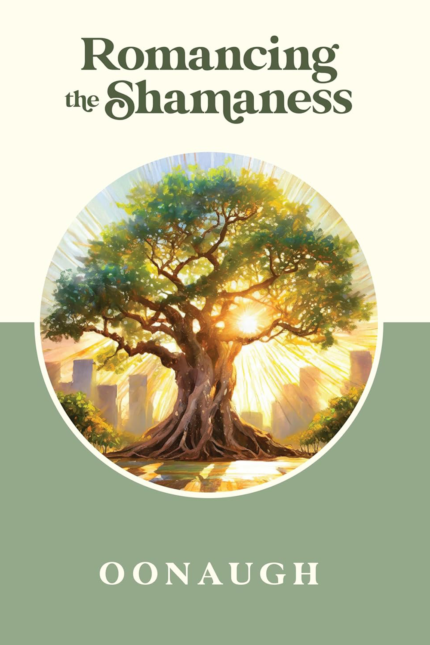

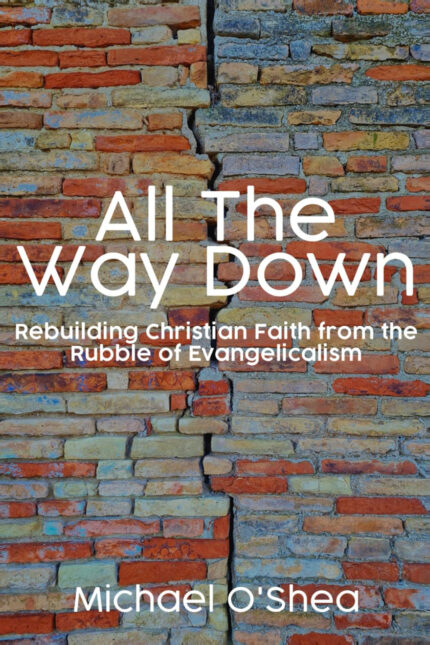
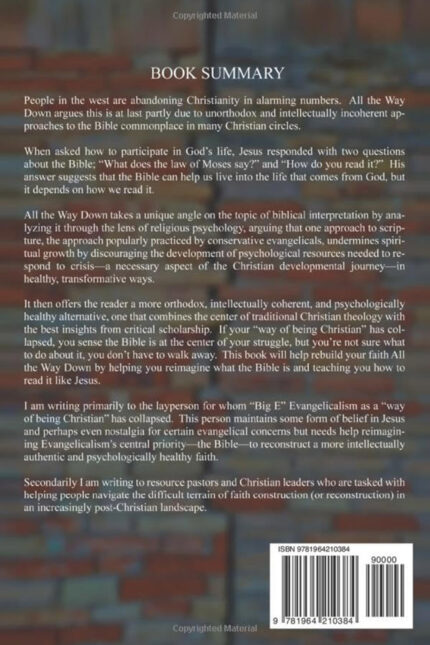
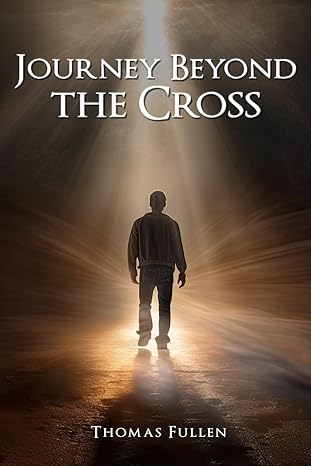
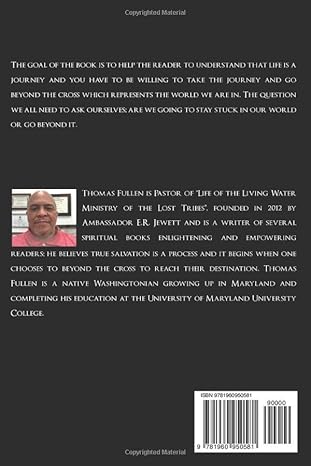



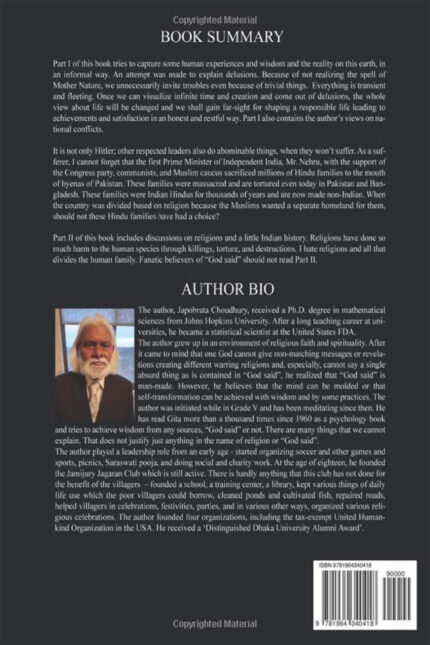
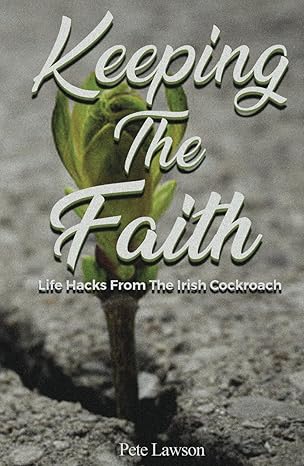
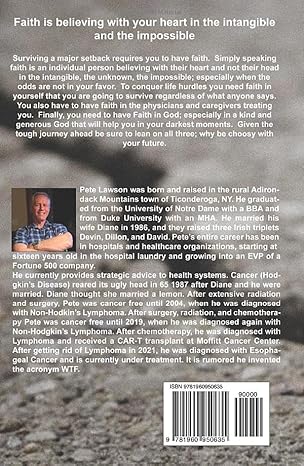
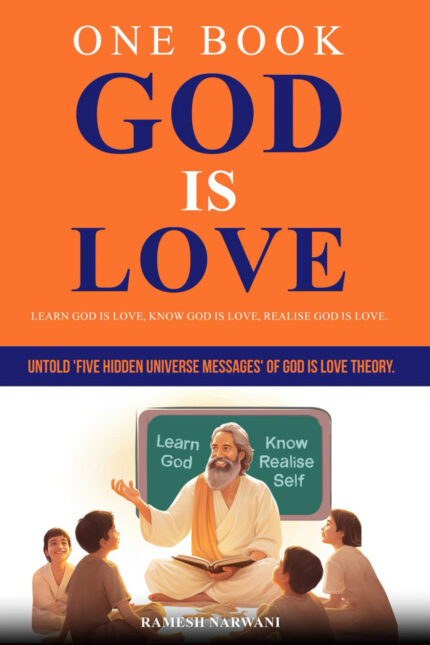
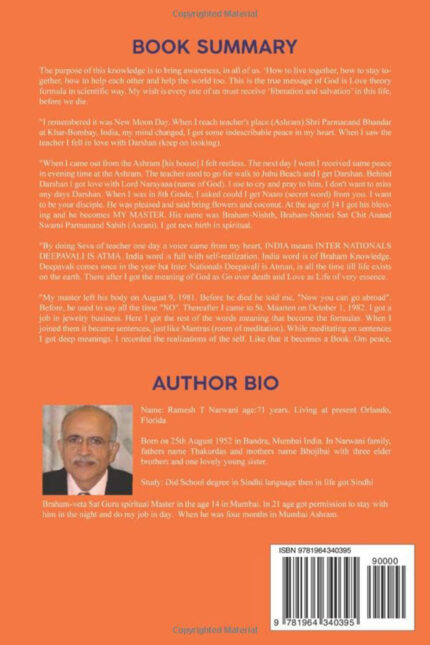


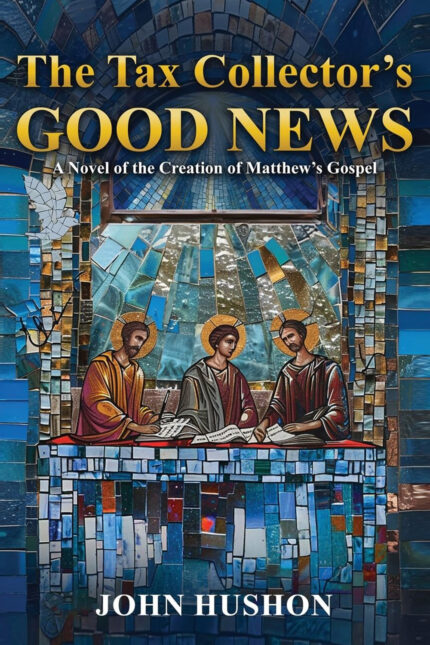
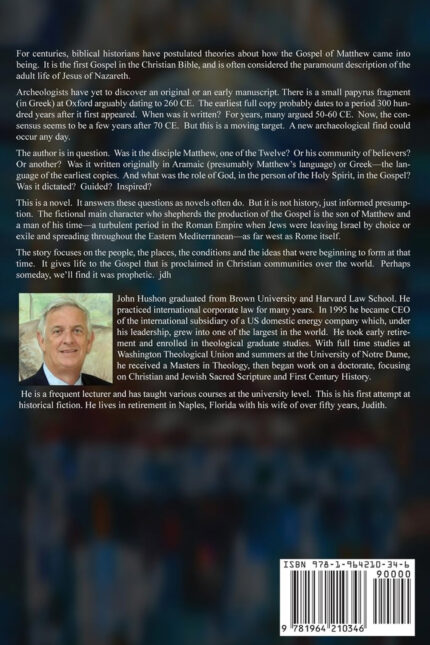
Reviews
There are no reviews yet.